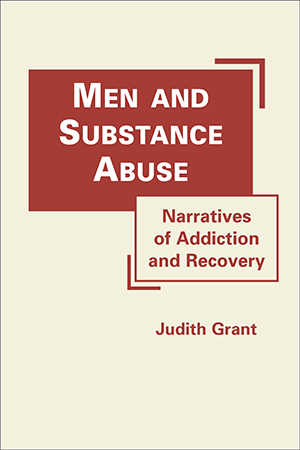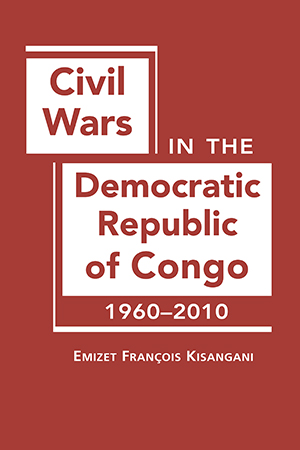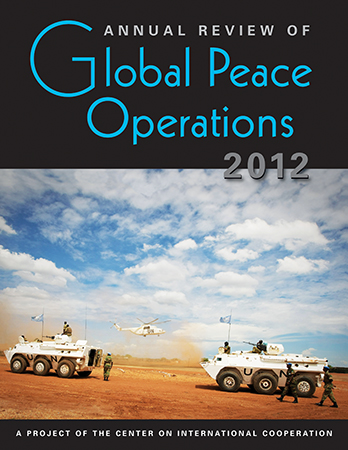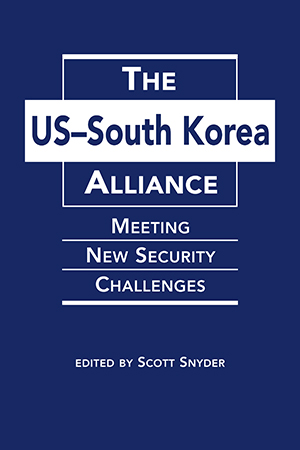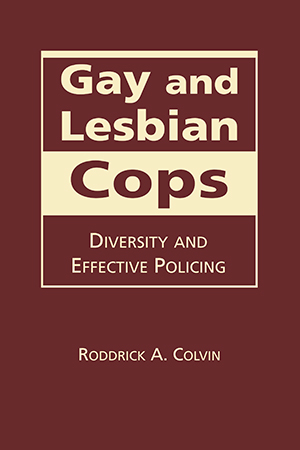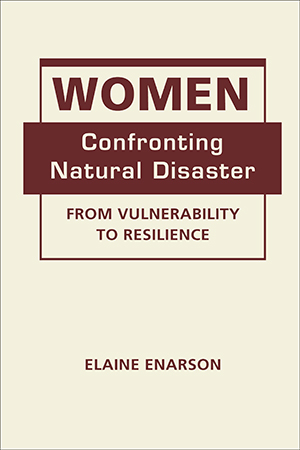BOOKS
The thousands of documents in this five-volume set illuminate the complexity and texture of the workings of the United Nations as they trace the activities of Secretary-General Kofi Annan More >
Do ethnic minority politicians play a meaningful role in Western Europe? How do European publics feel about nonwhite politicians? How are political parties reaching out to ethnic minority More >
Judith Grant explores the experiences of men who grapple with drug and alcohol abuse, illuminating the interplay between individual identity and social environment that shapes the processes More >
Wars of secession, ethnic wars, rebellions, and mutinies have been part of the political landscape of the Democratic Republic of Congo since the country became independent in 1960. More >
Unique in its breadth of coverage, the Annual Review of Global Peace Operations presents the most detailed collection of data on peace operations—those launched by the UN, by regional More >
How can the United States and South Korea best cooperate to address new security challenges? Can the US-ROK alliance serve to advance South Korea's interests and at the same time help More >
Roddrick Colvin assesses the impact of lesbian and gay police officers on law enforcement in the US and the UK, as well as the policies that enable a diverse work environment. Colvin More >
Why would Georgia attack South Ossetia in August 2008, with Russian forces conducting exercises nearby? This remains a puzzle to analysts—on a not inconsiderable list of foreign policy More >
Natural disasters push ordinary gender disparities to the extreme—leaving women not only to deal with a catastrophe's aftermath, but also at risk for greater levels of domestic More >
Clyde Weed recovers and analyzes the largely lost history of the Republican Party in the first half of the twentieth century. Exploring the internal dynamics of the GOP during those decades, More >





